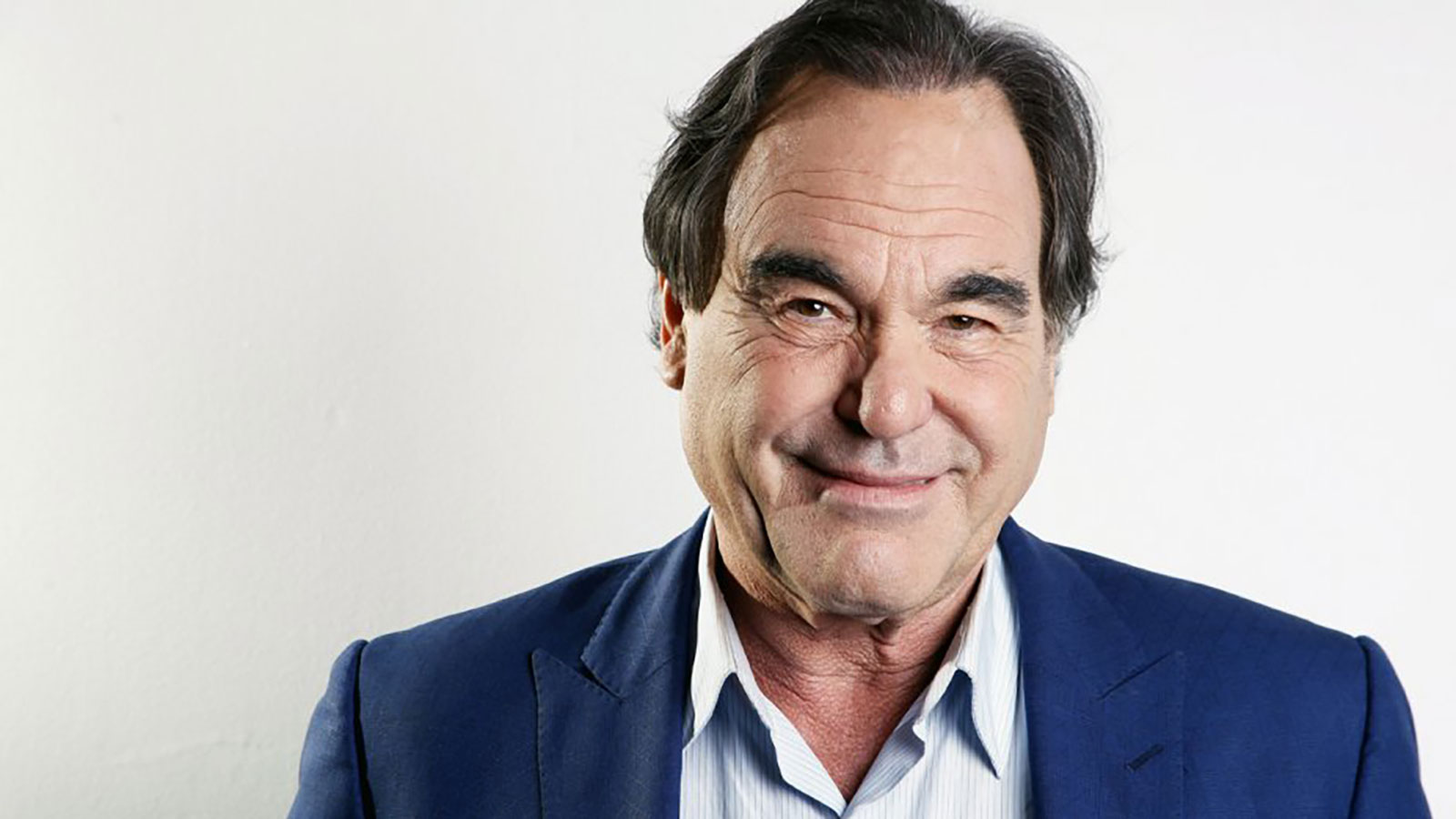
During the past four decades, Oliver Stone has emerged as one of Hollywood's preeminent iconoclasts, a master of controversial subjects and chronicler of American history. The legendary filmmaker came into prominence in the late 1980s for his films about the Vietnam War. Despite many of Stone's films being attacked for their political messages, much of Stone’s work has largely been celebrated by critics and audiences alike. To date, his movies have been nominated for more than 40 Academy Awards, and he’s personally won Oscar Awards in the categories of writing and directing.
But long before the filmmaker was winning golden statues, he was struggling to establish himself as a freshman at Yale University. Born to an affluent New York family, Stone followed his boarding school years by enrolling in Yale University in 1964. There, he was classmates with other members of the American Aristocracy, including future dignitaries John Kerry and George W. Bush. But Stone rebuked the wealth and privilege of his fellow Yalies and wanted what he felt were more meaningful experiences in life. Within a year, he had dropped out of Yale and moved to Saigon to work as a schoolteacher, just as the Vietnam War was heating up for America.
A listless figure, Stone didn't stay in Saigon very long. Soon he found work on a Merchant Marine ship, before returning to the U.S. and re-enrolling at Yale University in 1966. Once again, he withdrew though, having failed his Ivy League courses because he was spending too much time on writing his first novel. The manuscript was rejected by publishers, which led Stone (feeling dejected by his failures as a Yale student and author) to join the U.S. Army, where he eventually gained the fresh experiences that would enlighten some of his most memorable filmmaking moments.
As a non-graduate alum, Stone has never turned his back on Yale. Most recently, the award-winning director was back on campus to host a section of a documentary series called "The Untold History of the United States," which Stone hoped would expose a different side of 20th-century American history to the Yale audience members.
That had not been his first time back either. Previously, the Yale Film Society had invited Stone to screen a copy of his film Natural Born Killers. Stone gladly obliged and spoke with the students on a wide range of topics. But it was in 2001 when Stone gave one of his more stirring visits. He took a break from Hollywood life to field questions from Yale students, many of whom were also interested in filmmaking.
"I would encourage you. If you have something brewing inside you, don’t think of it as weird,” Stone told the students who were packed in Trumbull dining hall. “Think of it as original."
The line between weird and original, of course, is one that Stone has been skirting his entire career, making him a great role model for all future Yale students who are called to adventure and creativity.
